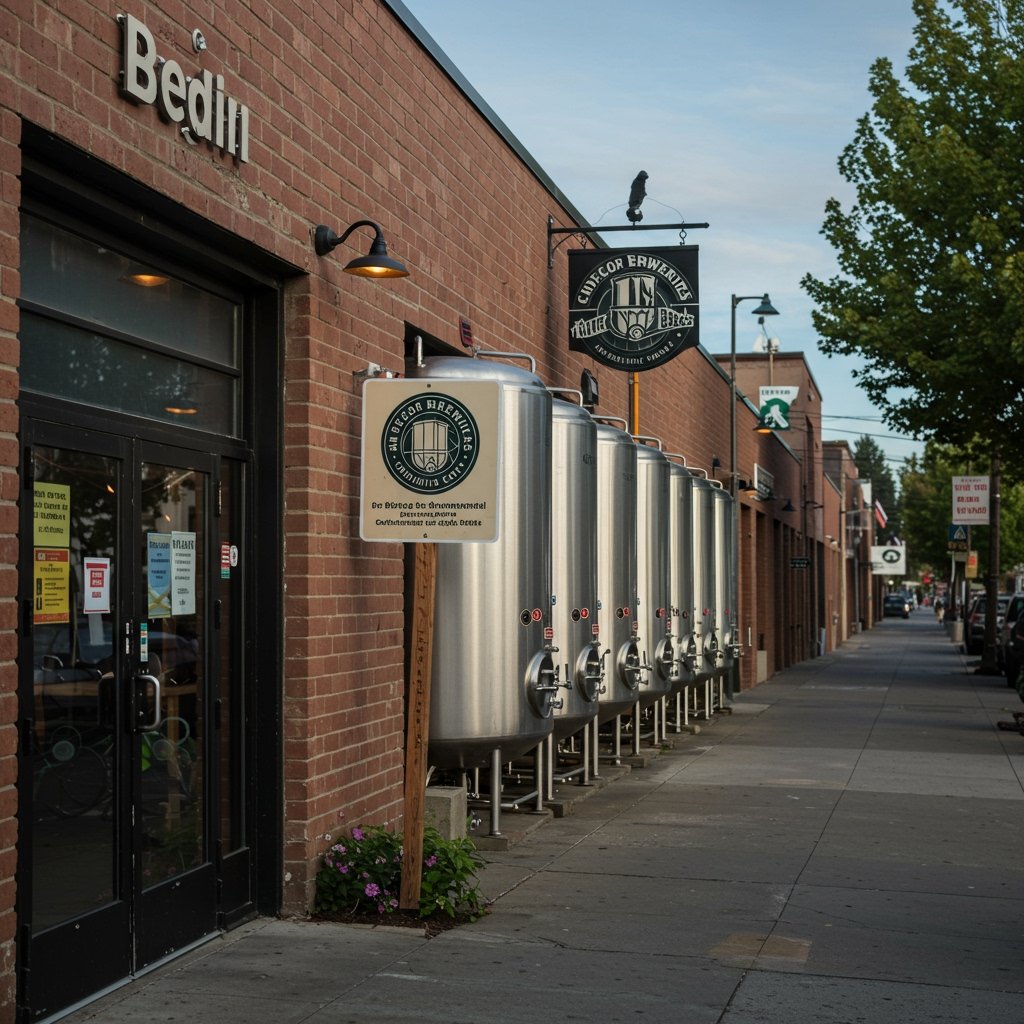Washington D.C. – In a sweeping legislative maneuver that promises to reshape a multi-billion dollar industry, Congress has enacted a new federal definition of hemp, effectively instituting a Hemp Definition Ban on most intoxicating hemp-derived THC products. The measure, embedded within the government funding package signed into law on November 12, 2025, fundamentally alters the landscape for cannabis derivatives that have proliferated nationwide since the 2018 Farm Bill. The new regulations are set to take full effect one year after enactment, by November 12, 2026, marking a significant turning point for the $28 billion hemp market due to this Hemp Definition Ban.
The Genesis of the Hemp Definition Ban: Closing the “Hemp Loophole”
For years, a perceived loophole in the 2018 Farm Bill allowed for the creation and sale of intoxicating hemp-derived products, such as delta-8 THC, delta-10 THC, and THCA flower. The 2018 legislation broadly defined hemp as any cannabis plant containing no more than 0.3% delta-9 THC by dry weight, effectively removing it from the Controlled Substances Act. This distinction, however, inadvertently paved the way for manufacturers to chemically convert CBD into other THC isomers, creating psychoactive products that mimicked marijuana but were legally classified as hemp. These hemp-derived products became widely available in gas stations, convenience stores, and online, raising concerns among lawmakers, law enforcement, and public health officials about consumer safety, marketing to minors, and the potential for misuse, underscoring the need for the current Hemp Definition Ban.
Supporters of the new legislation, including a bipartisan coalition of nearly 40 state attorneys general, argued it was necessary to close this “loophole” and prevent the unchecked sale of “Frankenstein THC products.” They contend that the previous definition allowed for intoxicating products that were indistinguishable from marijuana, posing risks to public health and necessitating the Hemp Definition Ban. Senator Mitch McConnell (R-KY), a key architect of the 2018 Farm Bill’s hemp legalization, was instrumental in including the ban’s language in the recent appropriations package. While Senator Rand Paul (R-KY) attempted to introduce an amendment to strike the ban, his efforts were ultimately unsuccessful, solidifying the Hemp Definition Ban.
Key Provisions of the Hemp Definition Ban: A Narrower Definition of Hemp
The core of the new legislation lies in its revised definition of “hemp.” The law now focuses on total THC concentration rather than solely delta-9 THC. Under the amended statute, legal hemp must contain no more than 0.3% total THC on a dry weight basis. This new standard significantly narrows what qualifies as hemp and will reclassify many products previously considered legal, forming the backbone of the Hemp Definition Ban.
Furthermore, the legislation introduces stricter limitations to enforce the Hemp Definition Ban:
* Total THC Standard: The 0.3% threshold now includes all THC isomers (like delta-8 and delta-10) and THCA. This change is expected to prohibit most THCA flower and other high-potency biomass products, a direct result of the Hemp Definition Ban.
* Container Limit: For finished consumable products, such as edibles and beverages, a strict limit of 0.4 milligrams of total intoxicating cannabinoids per retail container has been imposed. This threshold is far below the THC content found in nearly all existing hemp-derived THC beverages and edibles on the market, a critical component of the Hemp Definition Ban.
* Exclusion of Synthetics: Cannabinoids that are synthesized or manufactured outside the cannabis plant, or are not capable of being naturally produced by it, are explicitly excluded from the definition of hemp. This effectively bans products derived from chemical conversion processes, reinforcing the Hemp Definition Ban.
* Intermediate Products: Intermediate hemp-derived cannabinoid products intended for direct sale to consumers are also prohibited under the terms of the Hemp Definition Ban.
The Food and Drug Administration (FDA) has been tasked with issuing guidance within 90 days of enactment to identify specific cannabinoids and define what constitutes a “container” under the new rules, further shaping the enforcement landscape of this comprehensive Hemp Definition Ban.
Seismic Impact on the Hemp Industry: Facing the Hemp Definition Ban
The implications for the hemp industry are profound. Industry advocates and business leaders warn that the legislation could effectively wipe out 95% to 99% of the current market, jeopardizing an estimated $28 billion in economic activity and hundreds of thousands of jobs nationwide. States like Oregon, which has historically been a major floral hemp producer, are bracing for significant disruption due to the severity of this Hemp Definition Ban.
Many businesses that have invested heavily in the production and distribution of hemp-derived THC products now face the prospect of becoming federally illegal. Companies are scrambling to assess their inventory, reformulate products, or pivot to entirely different markets in light of the Hemp Definition Ban. The ban also raises questions about the future of non-intoxicating CBD products, as some may contain trace amounts of THC that could fall afoul of the new regulations established by the Hemp Definition Ban.
The new federal definition also overrides existing state laws and regulatory frameworks, creating a complex compliance challenge for businesses and state governments alike. While some states have already moved to ban or heavily regulate intoxicating hemp products, this federal action creates a nationwide standard that preempts many existing state programs, a direct consequence of the Hemp Definition Ban.
A Year of Uncertainty and Legislative Hope Amidst the Hemp Definition Ban
Despite the broad impact, the one-year grace period before full enforcement begins offers a window for potential legislative action. Industry groups and some lawmakers are actively exploring options to modify or reverse the ban. Representatives like Nancy Mace (R-SC) are circulating new legislation, such as the “American Hemp Protection Act of 2025,” aimed at replacing the outright ban with a regulatory framework. Oregon Senators Ron Wyden and Jeff Merkley, along with Representative Morgan Griffith (R-VA), are also reportedly working on bills to regulate, rather than prohibit, hemp products, seeking alternatives to the current Hemp Definition Ban.
However, with the ban now law, the path forward remains uncertain. The hemp industry faces an uphill battle to organize and advocate for alternative solutions before the November 2026 deadline. The coming months will be critical for stakeholders seeking to navigate this new regulatory environment or fight for the survival of their businesses amidst a rapidly changing legal landscape in the U.S. cannabis and hemp news, all under the shadow of the Hemp Definition Ban.
President Donald Trump signed the legislation on November 12, 2025, ending the government shutdown and ushering in a new era for hemp regulation in the United States, largely defined by the new Hemp Definition Ban. The full ramifications of this significant policy shift, including the intoxicating THC ban, will unfold in the coming year.




